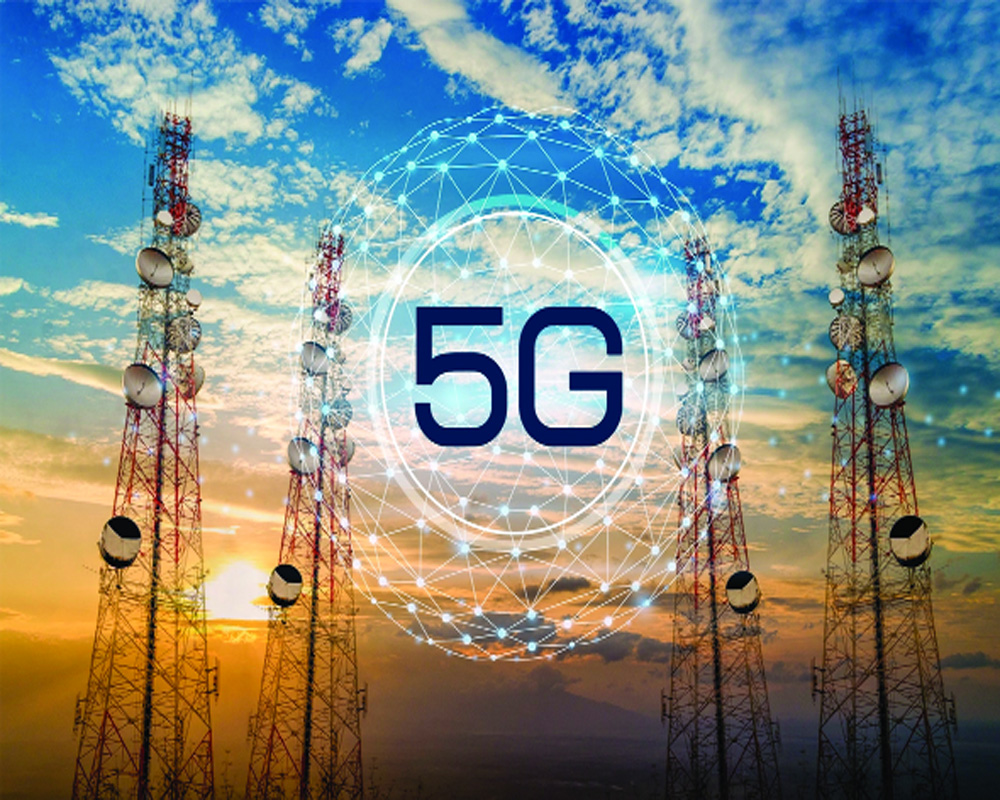Digital connectivity has opened up new vistas in governance, business & economy
The Government’s decision to auction 5G airwaves will give a fillip to new-age businesses and boost machine-to-machine communications, Internet of Things (IoT) and artificial intelligence (AI) across sectors including automotive, healthcare, agriculture and energy. A total of 72,097.85 MHz of spectrum with a validity period of 20 years will be auctioned by the end of July. The auction will be held for spectrum in various low (600 MHz, 700 MHz, 800 MHz, 900 MHz, 1,800 MHz, 2,100 MHz, 2,300 MHz), mid (3,300 MHz) and high (26 GHz) frequency bands, an official press release has said. Digital connectivity has not only brought people closer in terms of communication but also opened up new vistas in governance, business and economy. E-commerce, aggregation and other digital-enabled businesses have not just created unicorns but also generated a large number of jobs. Broadband, particularly its mobile version, has hugely impacted lives. The 4G services have brought in a sea change in the way people use their mobile phones. In fact, change is so immense and all-encompassing that the present-day scenario could not have been imagined in 1995 when mobile services began at that time. With extremely high tariffs — even on incoming calls — owning a cell phone was a status symbol. And today even the poorest of the poor own such phones; indeed mobile telephony is playing a key role in bringing welfare measures to the doorstep of those from the weaker sections.
Therefore, the Government should focus on the spread and quality of 5G services. But sometimes economic policy in India gets hurt, even derailed, by the Government’s impulse of revenue maximisation. The introduction of retrospective taxation to get more money from Vodafone by the Congress-led UPA Government is a case in point; for about a decade, it hurt the capabilities of India to attract foreign investment. Equally pertinent to the telecom sector was the issue of adjusted gross revenue (AGR) dues. This was an irrational demand made on telcos, which brought Vodafone Idea to the brink of closure — something that was averted by a kind of package at the last moment. The same impulse of revenue maximisation seems to be at play in 5G airwaves auction, for the reserve price of 5G airwaves at the auction, to be held in July-end, has not been changed from the 2018 levels. Telecom companies wanted 90 per cent reduction in the reserve price of 5G airwaves. But following the Trai recommendations in April, they have been cut by 39 per cent. By putting up 72GHz of 5G frequencies for sale, the Government could earn net up to `4.5 lakh crore at base prices. While the public exchequer receiving large sums is good news, it should not be at the expense of the business it is getting the money from. The Government should be focused on the wellbeing of the telecom sector and the businesses and activities associated with it; when they thrive, tax revenue will zoom.
























